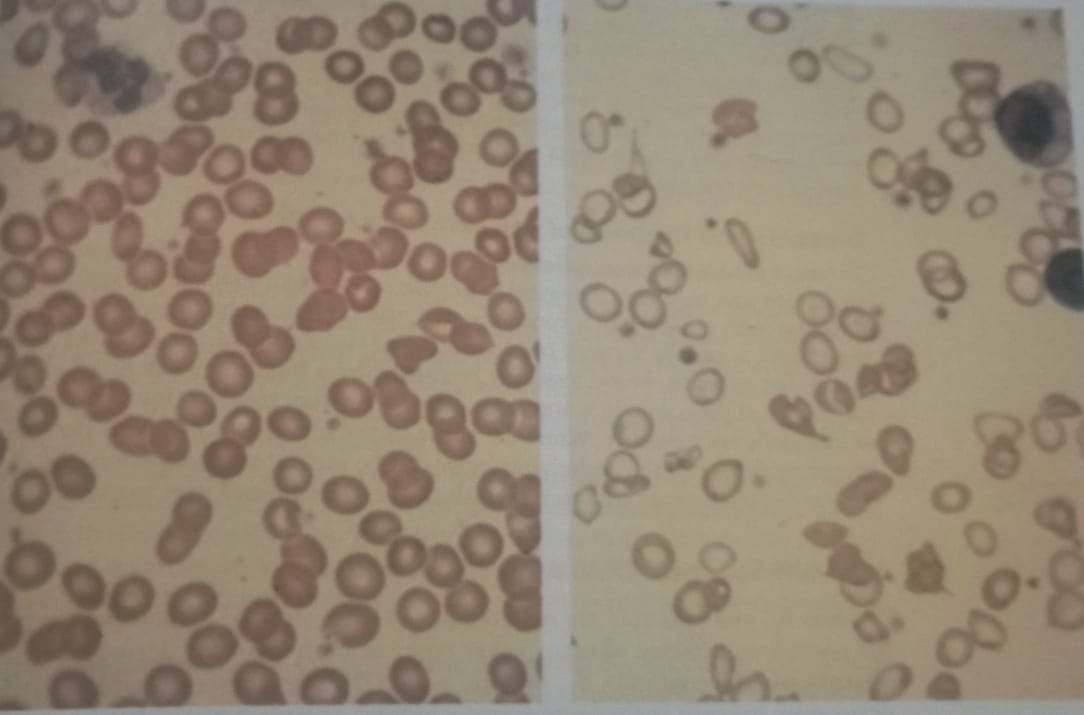Brain Tumors: Understanding with Care and Compassion
Hearing the words “brain tumor or Types of brain tumors” can feel like the ground has shifted beneath your feet. It’s normal to feel scared, uncertain, or overwhelmed. Whether it’s you, a loved one, or even just curiosity that brought you here, let’s take a moment to slow down and understand this together in a way that feels manageable and supportive.
Brain Tumor
A brain tumor is simply a cluster of cells in or near the brain that grows abnormally. Some grow slowly and are benign (non-cancerous), while others grow faster and are malignant (cancerous).
Even benign tumors can sometimes cause problems because of the brain’s delicate nature. After all, it’s the control center for everything we do, feel, and think. The good news is that there are many treatment options helping people to navigate this diagnosis.
Types of Brain Tumors
Brain tumors come in different types. Each and every one is unique, so they also need unique care . Here’s an overview, explained in the simplest way possible:
1. Gliomas
These are among the most common brain tumors, starting in the cells that help the brain’s neurons function properly.
- Astrocytomas: These can range from slow-growing to aggressive types like glioblastoma.
- Oligodendrogliomas: Slower-growing tumors that may respond well to treatment.
- Ependymomas: Tumors that can block the brain’s fluid pathways, sometimes causing headaches or nausea.
2. Meningiomas
These grow in the protective layers around the brain and are usually benign. Because they grow slowly, they might not cause symptoms at first, but as they enlarge, they can lead to headaches, vision problems, or other issues.
3. Pituitary Tumors
Pituitary tumors form in the small gland at the base of your brain that controls hormones. While most are benign, they can disrupt hormone levels, which might cause tiredness, weight changes, or mood shifts.
4. Medulloblastomas
These are cancerous tumors that mostly affect children, growing in the part of the brain that controls coordination and balance. Advances in treatment have brought hope and better outcomes for many young patients.
5. Schwannomas
Schwannomas grow on nerves and are often benign. One common type, called acoustic neuroma, can affect hearing and balance as it grows.
6. Craniopharyngiomas(Types of brain tumors)
These rare tumors develop near the brain’s pituitary gland and are typically non-cancerous. Because of their location, they can affect vision and hormone levels.
7. Metastatic Brain Tumors (Types of brain tumors)
These start as cancer elsewhere in the body like the lungs, breast, or skin and spread to the brain. Though always cancerous, treatments today can help control symptoms and improve quality of life.
Symptoms of Brain tumor
Brain tumor symptoms can vary depending on where the tumor is and how large it grows. Some common signs to watch for include:
- Persistent headaches, often worse in the morning
- Seizures or sudden, uncontrolled muscle movements
- Nausea or vomiting that isn’t related to illness
- Vision, hearing, or balance changes
- Personality shifts, confusion, or memory problems
- Weakness or numbness in certain areas of the body
If you or a loved one notices these symptoms, don’t panic. Many other conditions can cause them too, but it’s always worth getting checked by a doctor for peace of mind.
Navigating a Brain Tumor Diagnosis
Hearing that you or someone you love has a brain tumor is life-changing. It’s okay to feel afraid or overwhelmed. That’s a natural response to such big news. What’s important to remember is that you don’t have to face this alone.
Treatment plans are as unique as the people facing this challenge. Some of the most common approaches include:
- Surgery: To remove as much of the tumor as possible.
- Radiation and Chemotherapy: To shrink or destroy tumor cells.
- Targeted Therapy: A newer option that focuses on specific traits of the tumor.
Your medical team will work with you to decide on the best path forward, keeping your needs and preferences at the heart of their recommendations.
Finding Strength
The journey with a brain tumor can feel like a storm, but storms don’t last forever. There is light, support, and hope ahead. You don’t have to have all the answers today, and you don’t have to carry this weight alone.
Lean on those who care about you family, friends, doctors, and even support groups. Ask questions, take one step at a time, and allow yourself to feel all the emotions that come with this process.
There’s courage in simply facing each day. Hold onto hope, because every step forward in medicine, combined with the love and support of the people who care about you, can give you the strength to face whatever comes next.. You are never alone in this.

